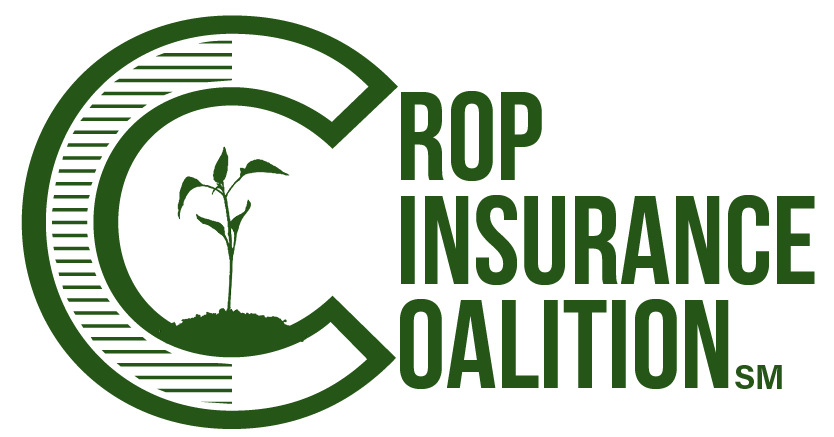WASHINGTON, DC (January 30, 2023) The Crop Insurance and Reinsurance Bureau (CIRB), American Association of Crop Insurers (AACI), and National Crop Insurance Services (NCIS), along with 58 additional Crop Insurance Coalition partners, representing farmers, lenders, agricultural input providers, and conservation groups, sent letters to key decision makers in the Administration and Congress opposing cuts to the federal crop insurance program during the upcoming fiscal year 2024 budget and appropriations processes.
“The last several years have brought an onslaught of uncertainty for America’s farmers and ranchers – from weather extremes to the disruptions of international markets to COVID-19 and all of its unique challenges. During this tumultuous time, one of the few certainties that farmers could rely on was the protection provided by the federal crop insurance policy purchased with their hard-earned dollars,” the letter explains.
Last year, farmers and ranchers spent more than $6 billion to purchase crop insurance policies from the private sector through a program regulated by USDA. Private sector companies compete for farmers’ business and quickly deliver assistance to farmers, typically within just a few weeks. The structure of the crop insurance program allows producers to customize their policies to their individual farm and financial needs, while also facilitating additional opportunities for producers to engage in conservation practices.
Click the following links to view the Administration, Budget Committee, and Appropriations Committee letters, respectively.
Background:
The federal crop insurance program is administered through USDA’s Risk Management Agency (RMA). Federal crop insurance is structured so that private insurers, the federal government, and individual farmers have a financial stake in the policy, thus ensuring the integrity of the program.
About CIRB:
Founded in 1964 and headquartered on Capitol Hill, the Crop Insurance and Reinsurance Bureau (CIRB) is proud to provide unparalleled advocacy, support, and membership services to the crop insurance and reinsurance community. Today, CIRB members provide a vital component of the farm safety net, writing policies in every state and providing billions of dollars in crop protection. Learn more about us at cropinsurance.org. To learn more about CIRB’s work, or to get involved, please contact CIRB staff.
###


